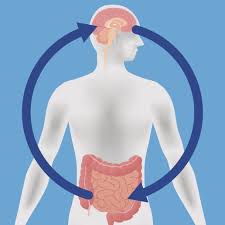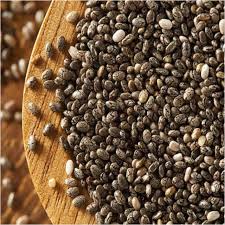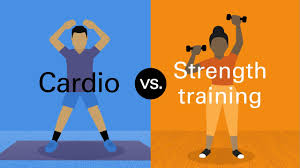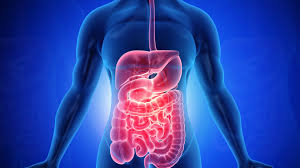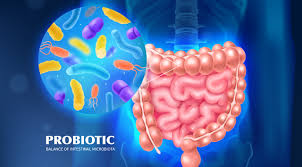What is the logic behind intermittent fasting?
The Science Behind Intermittent Fasting and Its Benefits
Intermittent fasting (IF) has gained widespread popularity as a health and weight management strategy. More than just a trend, this eating pattern has a growing body of scientific evidence supporting its benefits. From weight loss and improved metabolism to better heart and brain health, intermittent fasting can offer a holistic improvement in well-being. In this blog, we will delve deep into the science behind intermittent fasting, how it works, and the various benefits it offers.
What is Intermittent Fasting?

Intermittent fasting is an eating approach that alternates between periods of eating and fasting. Unlike traditional diets that dictate what foods you should eat, intermittent fasting focuses on when you eat. This makes it more of an eating pattern rather than a conventional diet. It’s simple, flexible, and sustainable for many people.
There are several common methods of intermittent fasting:
- The 16/8 Method: This is one of the most popular forms of intermittent fasting. It involves fasting for 16 hours and eating during an 8-hour window. For example, one might eat between 12 PM and 8 PM and fast from 8 PM until noon the next day.
- The 5:2 Diet: In this method, individuals eat normally for five days a week and restrict their calorie intake to 500–600 calories on two non-consecutive days.
- Eat-Stop-Eat: This approach involves fasting for a full 24 hours once or twice a week.
- Alternate-Day Fasting: Individuals alternate between a fasting day (consuming very few calories) and a regular eating day.
The flexibility of these methods allows individuals to choose what best fits their lifestyle, making intermittent fasting a sustainable option for long-term health.
How Intermittent Fasting Works
The effectiveness of intermittent fasting lies in its impact on cellular, hormonal, and metabolic functions. Here’s how the body responds during fasting periods:
- Insulin Levels Drop: When you don’t eat for a while, insulin levels in the blood drop. Lower insulin levels make it easier for the body to access stored fat for energy, which is essential for fat burning.
- Cellular Repair and Autophagy: Fasting activates autophagy, a cellular “clean-up” process where the body removes damaged cells and regenerates new ones. This process may play a crucial role in protecting against diseases, including cancer and Alzheimer’s.
- Increased Human Growth Hormone (HGH): During fasting, levels of HGH can skyrocket. This hormone aids in fat burning, muscle gain, and overall metabolic health.
- Gene Expression: Fasting can influence gene expression, improving longevity and protection against certain diseases.
- Improved Mitochondrial Health: Fasting helps improve mitochondrial function, which enhances energy production and may delay aging.
Health Benefits of Intermittent Fasting
Over the years, researchers have studied the wide-ranging benefits of intermittent fasting. Below are some of the most well-documented health advantages:
1. Weight Loss and Fat Reduction
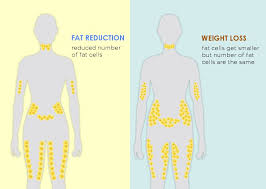
By limiting the eating window, intermittent fasting often leads to a natural reduction in calorie intake. At the same time, the hormonal changes promote weight loss and fat burning. Studies have shown that IF can be as effective as continuous calorie restriction for weight loss.
It also helps reduce visceral fat, the dangerous fat that accumulates around your organs and is linked to various diseases.
2. Improved Insulin Sensitivity and Lower Risk of Type 2 Diabetes
Intermittent fasting helps reduce insulin resistance, thereby lowering blood sugar levels. This can be particularly beneficial for people at risk of developing type 2 diabetes. A 2014 study found that intermittent fasting reduced blood sugar by 3–6% and fasting insulin levels by 20–31% in individuals with prediabetes.
IF also improves metabolic flexibility, allowing the body to switch between using carbs and fats as energy sources more efficiently.
3. Heart Health
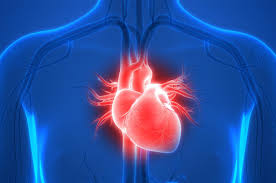
Several risk factors for cardiovascular disease improve with intermittent fasting. These include blood pressure, total cholesterol, LDL cholesterol, triglycerides, and inflammatory markers. Together, these improvements can contribute to a healthier heart and reduced risk of heart disease.
Some studies also suggest IF may help regulate heart rate variability, an important indicator of cardiovascular fitness and resilience.
4. Boosts Brain Function

Fasting increases the production of brain-derived neurotrophic factor (BDNF), a protein that supports brain health, enhances memory, and may protect against Alzheimer’s and other neurodegenerative diseases. Intermittent fasting also reduces oxidative stress and inflammation, both of which are beneficial for brain function.
Emerging evidence suggests IF may improve mood and reduce the risk of depression and anxiety through its influence on neurotransmitters and gut health.
5. May Extend Lifespan

Animal studies have shown that intermittent fasting can help animals live longer. Although more research is needed in humans, the mechanisms that improve metabolic and cellular health suggest that IF may contribute to increased longevity.
Fasting mimics the effects of caloric restriction, which is one of the few known interventions to consistently extend lifespan in various organisms.
6. Reduces Inflammation

Chronic inflammation is a major driver of many diseases. Some studies show that intermittent fasting can reduce inflammation markers, which could help in managing conditions like arthritis, asthma, and even certain skin conditions like psoriasis.
By improving gut health and reducing insulin levels, fasting indirectly reduces inflammatory pathways in the body.
7. Supports Hormonal Balance

Fasting can have a positive impact on hormones such as leptin and ghrelin, which regulate hunger and satiety. This can lead to better appetite control and fewer unhealthy food cravings. Moreover, the hormonal changes that occur during fasting help maintain muscle mass while promoting fat loss.
Hormonal balance also supports better reproductive health, especially in women with PCOS (Polycystic Ovary Syndrome), though this should be approached with medical supervision.
8. Improves Digestive Health
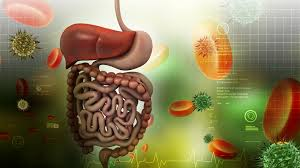
Taking breaks between meals allows the digestive system to rest and reset. This can improve digestion, reduce bloating, and support a healthier gut microbiome. The fasting window gives the gut lining a chance to repair itself, which may prevent leaky gut and other digestive issues.
Potential Risks and Considerations
Despite its benefits, intermittent fasting may not be suitable for everyone. It’s important to understand its potential drawbacks:
- Not Ideal for Everyone: Pregnant or breastfeeding women, people with eating disorders, those taking medication for diabetes or blood pressure, and individuals with chronic health conditions should consult a healthcare provider before starting IF.
- Possible Side Effects: In the beginning, some people may experience hunger, fatigue, irritability, or reduced concentration. These effects usually diminish as the body adjusts to the new eating pattern.
- Risk of Overeating: Some individuals may overeat during eating windows, which can counteract the benefits of fasting. Mindful eating and balanced meals are crucial.
- Social and Lifestyle Challenges: Skipping meals, especially breakfast, can interfere with social gatherings and family meals, making it harder to stick with.
Tips for a Successful Intermittent Fasting Journey
- Start Slowly: Begin with a 12-hour fast and gradually increase the fasting window.
- Stay Hydrated: Drink plenty of water, herbal teas, or black coffee to stay hydrated and curb hunger.
- Focus on Nutrition: Eat whole, nutrient-dense foods during eating periods to ensure you’re getting essential vitamins and minerals.
- Listen to Your Body: Everyone is different. Pay attention to how you feel and adjust your routine accordingly.
- Be Consistent: Like any lifestyle change, consistency is key to seeing long-term results.
- Avoid Processed Foods: Maximize your results by choosing whole foods, lean proteins, healthy fats, and complex carbs.
- Get Quality Sleep: Sleep supports hormone regulation, appetite control, and recovery, making it a critical partner to fasting.
Conclusion
Intermittent fasting is more than just a diet—it’s a lifestyle that can promote better health, longevity, and overall well-being. Its scientific backing and flexibility make it an attractive choice for many looking to improve their health naturally. By understanding the science behind intermittent fasting and implementing it mindfully, you can harness its full benefits.
Whether you’re just getting started or already practicing IF, always remember that the journey is unique to each individual. With consistency, patience, and the right knowledge, intermittent fasting can be a powerful tool in your wellness journey.
Are you ready to try intermittent fasting? Share your experiences or questions in the comments below! Let’s support each other on this health journey.

